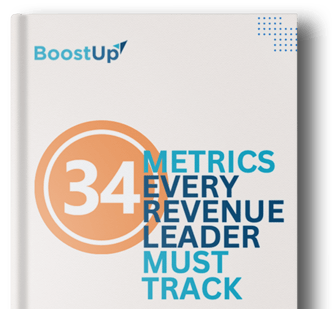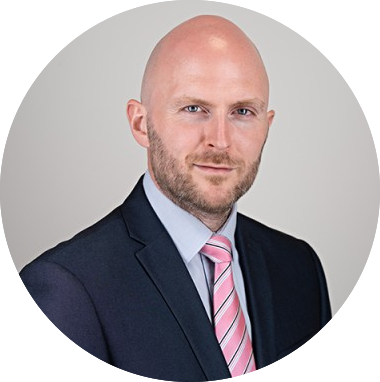Scaling RevOps in a High-Growth Business
In this Revenue Mavericks episode, Dan Cook talks about his journey from being an early employee to becoming the CRO of Lucid Chart and shares valuable lessons and tips for RevOps professionals that can help them set up a scalable and efficient RevOps function in high-growth startups.











